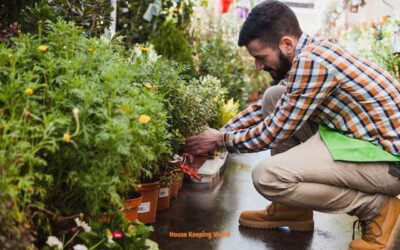Monsoon is a beautiful season that brings new life to plants, making it the perfect time to grow, maintain, and revamp your backyard garden. However, plants need extra attention during the rainy season as they experience rapid growth and increased exposure to moisture-related issues. In this guide, we’ll explore Monsoon Garden Care tips to help you nurture your plants while collaborating with nature.
Garden Care Tips During Monsoon
1. Fertilization for Healthy Growth
Fertilizing your plants is crucial during monsoon to accelerate growth. Use 6-month-old cow manure (FYM – Farm Yard Manure), home compost, or vermicompost as natural fertilizers. These organic options are better than chemical fertilizers, which can get washed away due to frequent rains. Slow-release fertilizers like cow dung manure work best. Additionally, gardeners use a foliar spray of NP&K (Nitrogen, Phosphorus, and Potassium) nutrients to nourish plants. Since the plant’s stomata (pores) open up during monsoon, sprinkling fertilizers helps with better absorption.
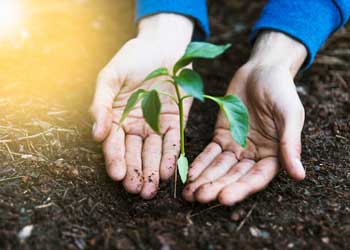
2. Well-draining soil to Prevent Root Rot
To avoid waterlogging, use a well-draining soil mix. Plants are prone to root rot in the rainy season, so preparing well-draining soil is essential during repotting. A recommended potting mix contains 30% coco-peat, which improves drainage and aeration.
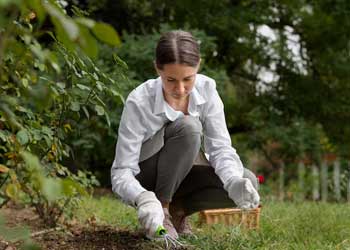
3. Watering Wisely to Avoid Overwatering
One of the main reasons plants die during monsoon is overwatering. To prevent this, water your plants only when the soil looks dry. Overwatering suffocates the roots and reduces soil fertility, so it’s best to check soil moisture before watering.
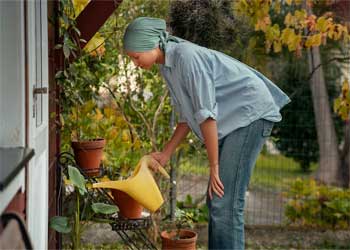
4. Ensuring Proper Drainage in Pots
To avoid excess water accumulation, ensure the drainage holes in your pots are open and unblocked. Use a sharp object to clear any clogs. Avoid using trays beneath pots as stagnant water can attract mosquitoes and increase fungal infections. If possible, shift your potted plants to a covered area to protect them from heavy rains.
5. Pest Control for a Healthy Garden
The monsoon season sees an increase in pests like slugs and snails, which can damage plants. Use neem oil spray mixed with water as a natural insecticide. Some beneficial creatures, like earthworms, help oxygenate the soil and enhance plant growth. Frogs, often called “Gardener’s Friends,” also help control pests naturally.
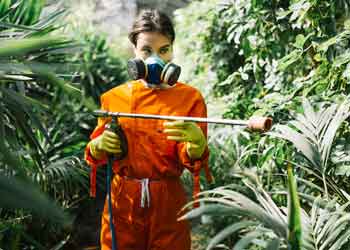
6. Regular Pruning and Trimming
Since plants grow faster in monsoon, regular pruning and trimming are essential. Remove dead leaves and trim overgrown branches to encourage healthy growth and flower blooming. Doing this before or during the rainy season enhances branching and promotes fresh shoots.
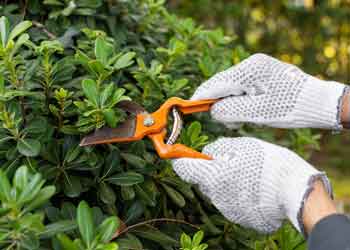
7. Controlling Weed Growth
Weeds grow rapidly during monsoons and compete with plants for nutrients. To prevent this, remove weeds periodically to ensure your plants receive proper nourishment.
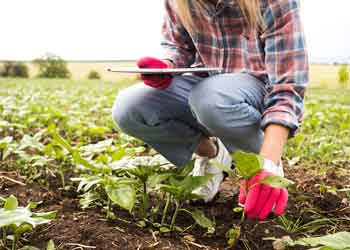
Additional Monsoon Garden Care Tips
✔️ Keep insects and pests away from plants.
✔️ Trim overhanging plant growth to prevent damage.
✔️ Ensure no stagnant water remains in pots to prevent mosquito breeding.
With these Monsoon Garden Care tips, your backyard can thrive throughout the rainy season, offering a lush and vibrant green space. Happy gardening!
Image From Freepik
